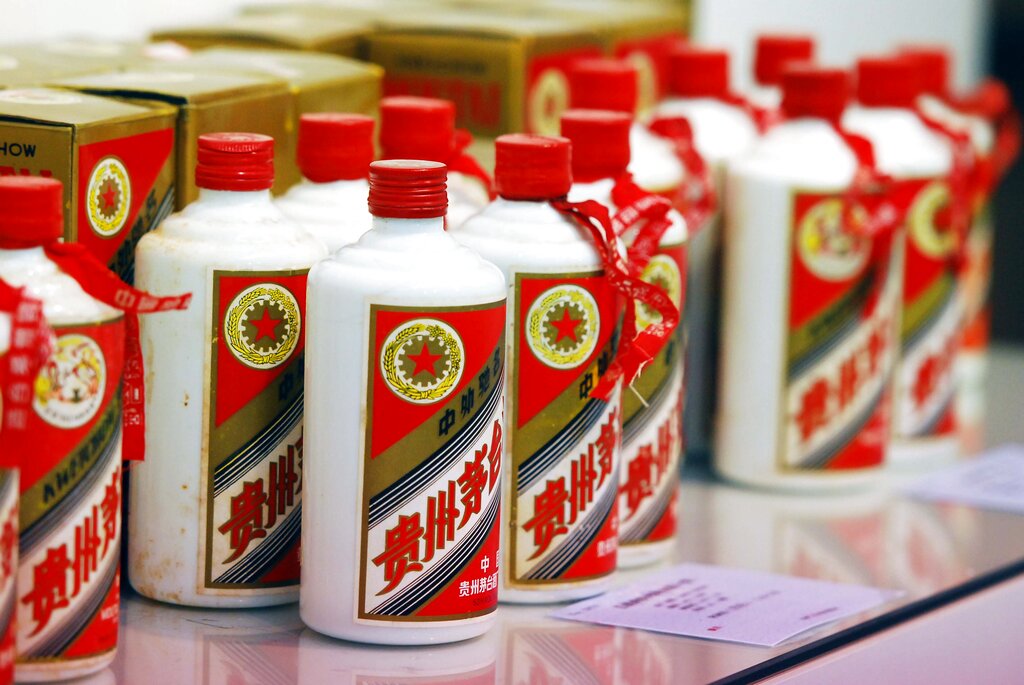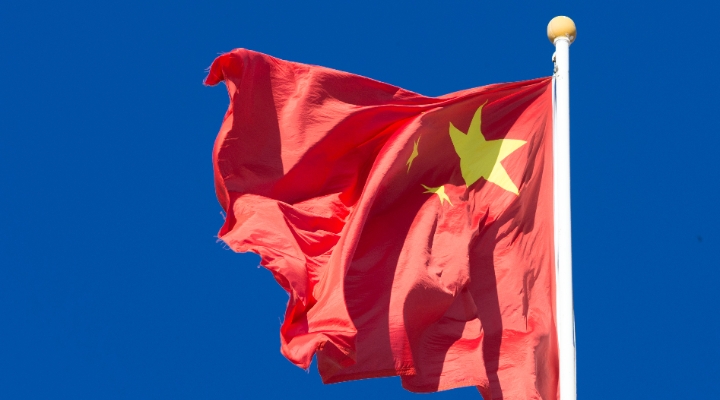
Investors in China equities are sensitive to news that suggests that China’s regulatory crackdown is far from over. The most recent focused on the Chinese makers of white liquor, commonly known as baijiu. Leading names like Kweichow Moutai (600519) and Wuliangye Yibin (000858) have come under pressure.
The trigger was the State Administration for Market Regulation meeting major baijiu companies for a panel discussion. Earlier this month, the Ministry of Science and Technology of the PRC released an article naming heavy consumption of alcohol as the reason for cancer. Investors began to dump shares, fearing that the regulator that oversees market behaviors and product safety may go after the industry.
Morningstar analysts believe that these meetings appear to be a general practice of the Chinese government in the lead up to two important events, Mid-Autumn Festival and National Holiday Golden Week in October, that see huge consumption of such products. The government wants to keep baijiu retail prices steady ahead of the festive events.
3 Risks to Watch
For investors, the fear is understandable. Over the past few months, Chinese regulators have made it explicit that new orders are in place for some bourgeoning industries, from after-school tutoring classes to mobile gaming.
Our analysts see three inherent risks for the sector.
1) Activities that may be considered hindering ‘social harmony’,
2) a kinship with corruption, and
3) environmental resources protection.
On the social front, Morningstar analyst Jennifer Song believes the current alcoholism rate in China remains in check and is distant from a level that poses a threat to social harmony. The government is expected to continue to support the baijiu sector’s long- term growth.
Another policy risk stems from corruption. The Chinese spirit is symbolized for social identity and is central to the country’s dining and hospitality culture. Although some pricey baijiu brands remain a staple at Chinese state banquets and business events, the mass affluent market took over to become the major consumer of premium baijiu after the countrywide anti-corruption campaign in 2012. Song doesn’t think that further anti-corruption and anti-extravagance measures would lead to significant demand risk.
Viewing the success of Kweichow Moutai, numerous private investors are seen rushing into the distillery business, especially the widely-beloved Jiang-flavored baijiu.
“A small city in Guizhou province, Renhuai city where Kweichow Moutai distillery is situated, is one of the favorite locations for making Jiang-style baijiu due to the access to sorghum and water. In the first 7 months of 2021 alone, over 4,000 baijiu producers and sellers were newly registered,” says Song. Due to the intensifying competition, the distilleries are running short of some ingredients.
She believes regulators may intend to cool down the crowded capital investments to avoid disordered access to natural resources and overcapacity.
In our coverage of white liquor makers, fair value estimates remain unchanged: CNY 1,490 for Kweichow Moutai, CNY 188 for Wuliangye Yibin, and CNY 162 for Jiangsu Yanghe.
Cheers to Moutai
The knee-jerk reaction to the conversation between baijiu companies and the regulator resulted in a sell-off, sending shares in baijiu names closer to their intrinsic values. According to Song, share prices after the correction isn’t attractive enough to conclude a buy call. Across all the names in her coverage, wide-moat Moutai remains in favor over the others. The company enjoys the intangible assets that help sustain the competitive strength for a longer term.
“The flagship Moutai product is underpinned by its unique cultural status, unparalleled brand image, and exceptional product quality. These should drive strong pricing power for the company over the long term, providing safe harbor amid an inflationary environment.”
With the underlying risks taken into account, limited supply continues to be the upside driver of Moutai’s unit price and share price. Moutai’s retail prices rose to CNY 3,100-CNY 3,200 per bottle, up from about CNY 3,000 a month ago.
“The current low inventory level and uptick in retail prices of major mid- to high-end baijiu suggest demand for premium baijiu remains robust,” Song continues.
“We think premium baijiu’s long-term outlook remains intact, given the irreplaceable position in Chinese drinking culture and widespread popularity among the rising middle class, which would continue to generate remarkable returns on invested capital.”
©2021 Morningstar. All rights reserved. The information, data, analyses and opinions presented herein do not constitute investment advice; are provided as of the date written, solely for informational purposes; and subject to change at any time without notice. This content is not an offer to buy or sell any particular security and is not warranted to be correct, complete or accurate. Past performance is not a guarantee of future results. The Morningstar name and logo are registered marks of Morningstar, Inc. This article includes proprietary materials of Morningstar; reproduction, transcription or other use, by any means, in whole or in part, without prior, written consent of Morningstar is prohibited. This article is intended for general circulation, and does not take into account the specific investment objectives, financial situation or particular needs of any particular person. Investors should consult a financial adviser regarding the suitability of any investment product, taking into account their specific investment objectives, financial situation or particular needs, before making any investment decisions. Morningstar Investment Management Asia Limited is licensed and regulated by the Hong Kong Securities and Futures Commission to provide investment research and investment advisory services to professional investors only. Morningstar Investment Adviser Singapore Pte. Limited is licensed by the Monetary Authority of Singapore to provide financial advisory services in Singapore. Either Morningstar Investment Management Asia Limited or Morningstar Investment Adviser Singapore Pte. Limited will be the entity responsible for the creation and distribution of the research services described in this article.












.png)



.jpg)





